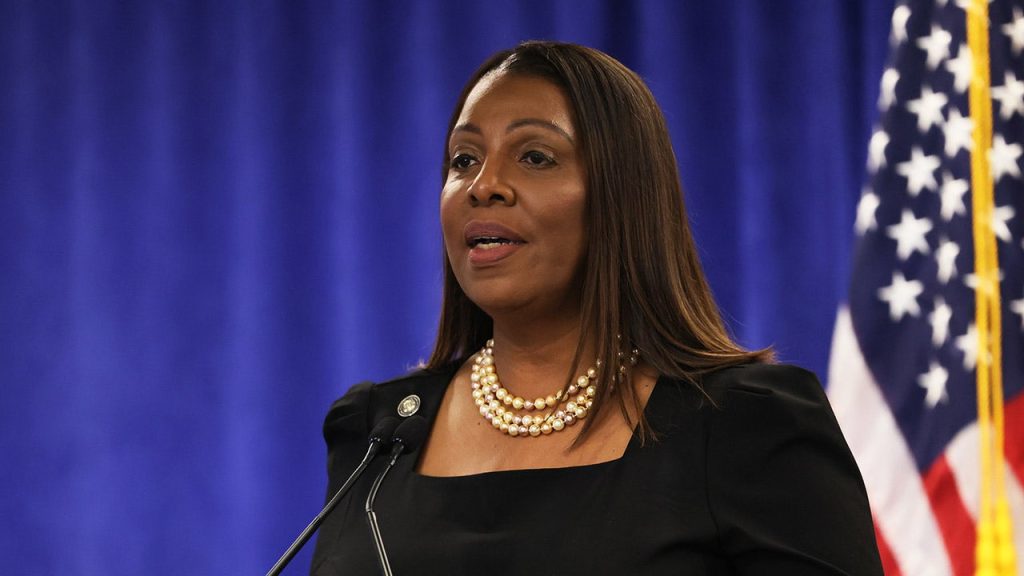A new requirement in New York that will take effect this weekend will grant Democrat New York Attorney General Letitia James widespread power over the state’s election process. Under the John R. Lewis Voting Rights Act of New York, a preclearance requirement is set to take effect, which will require certain jurisdictions in the state to request approval from the attorney general or a designated court for any election-related decisions. This includes changes to early voting hours and culling deceased residents from voter lists. This new rule, signed into law in 2022 by Gov. Kathy Hochul, has been described as a significant power grab by the attorney general that has largely gone under the radar.
Election attorney Joseph T. Burns has warned that this new law will give James unprecedented power over election processes in hotly contested congressional districts, including those on Long Island and in the Hudson Valley. The rule covers massive jurisdictions such as New York City and nine counties on Long Island. These jurisdictions are determined by factors including arrest rates for residents of protected classes and past civil rights or voting rights violations. Burns described this as a significant shift away from the bipartisan election administration system that has served New York voters well for generations, as it now requires certain entities to seek approval from the attorney general or a designated court.
Burns pointed out that the new rule could potentially lead to hiccups at the polls, especially with the rule set to take effect just 40 days before the presidential election. For example, if an early voting or Election Day poll site becomes unusable, local commissioners would have to choose a new site and file an application with the AG’s office for approval. While Burns acknowledged that the AG’s office would likely swiftly approve the application, he argued that it adds unnecessary layers of paperwork and clearance to run an election. He emphasized the importance of maintaining the bipartisan nature of the election administration system in New York.
The new rule in New York has sparked concerns about the potential implications for elections in the state, including the possibility of partisan interference in the election process. Burns highlighted the importance of ensuring that elections are run fairly, honestly, and efficiently, and expressed skepticism about the AG’s office having a veto power over election processes. The longstanding bipartisan system of election administration in New York, which has been largely successful in preserving voter confidence, is at risk of being undermined by the new preclearance rules.
It is notable that the new rule has not received significant attention despite its potential to significantly impact the election process in New York. Burns raised concerns about the lack of discussion surrounding the rule and the ramifications it could have on the upcoming elections in the state. The preclearance requirement will require certain jurisdictions to seek approval from the AG or a designated court for any election-related changes, leading to questions about the potential for partisan influence in the electoral process.
Overall, the new requirement in New York that grants substantial power to the Attorney General in the election process has raised concerns among election experts and observers. This significant shift in the election administration system could have far-reaching implications for elections in the state, potentially impacting voter confidence and the integrity of the electoral process. The need to ensure fair and impartial elections remains a crucial consideration as New York prepares for upcoming elections under this new rule.


